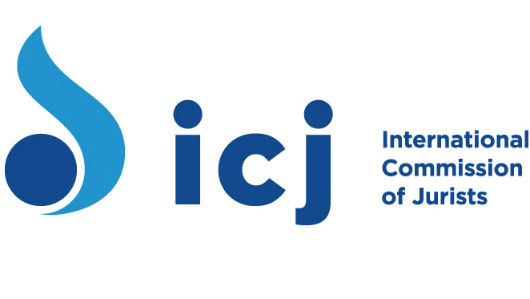Political crisis risks authoritarian reversal in Maldives, warns rights groups
“We documented a serious erosion of the independence, impartiality and integrity of the judiciary, which has resulted in the deterioration in the rule of law in the Maldives and the stalling of the country’s transition toward a more representative government,” said Hina Jilani, SAHR Chairperson and a Commissioner of the ICJ.

26 Aug 2015, 09:00
The International Commission of Jurists (ICJ) and South Asians for Human Rights (SAHR) have called on the government to immediately reverse “the politicisation of the country’s judiciary and the erosion of rule of law” in a joint fact-finding report released yesterday.
The 35-page report entitled ‘Justice Adrift: Rule of Law and Political Crisis in the Maldives’ highlighted a “breakdown of the rule of law and human rights protections in the Maldives, exemplified by the arrest and trial of former President Mohamed Nasheed.”
“We documented a serious erosion of the independence, impartiality and integrity of the judiciary, which has resulted in the deterioration in the rule of law in the Maldives and the stalling of the country’s transition toward a more representative government,” said Hina Jilani, SAHR Chairperson and a Commissioner of the ICJ.
“This current crisis in the rule of law risks turning the country back to the authoritarian days of the past that it had so promisingly broken away from in 2008.”
Become a member
Get full access to our archive and personalise your experience.
Already a member?
Discussion
No comments yet. Be the first to share your thoughts!
No comments yet. Be the first to join the conversation!
Join the Conversation
Sign in to share your thoughts under an alias and take part in the discussion. Independent journalism thrives on open, respectful debate — your voice matters.




